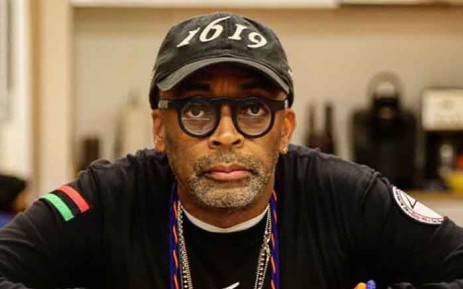
Spike Lee blasts Trump's handling of COVID-19 pandemic
Film director Spike Lee is horrified by the high death rate in America due to the global health crisis and he believes US President Donald Trump's suggestions such as using bleach, UV light and anti-malarial drugs to treat the virus, will lead to even more deaths.
by BANG ShowbizLONDON - Spike Lee has blasted US President Donald Trump's handling of the COVID-19 pandemic and says people who follow his health advice will die.
The 63-year-old director is horrified by the high death rate in America due to the global health crisis and he believes Trump's suggestions such as using bleach, UV light and anti-malarial drugs to treat the virus, will lead to even more deaths.
Referring to Trump as Agent Orange, he told The Times: "I feel that we have to care about the statements that Agent Orange makes. Because those statements send people to hospital. And, later on, it will come out that people actually died following his non-scientific suggestions for what to ingest."
And Lee is taking no chances at his office in Brooklyn, explaining: "Everybody's taken a test here. We all wear masks. It's three floors, 10,000 square footage, and five people. So, we're spread out."
Meanwhile, Lee is preparing to release his new movie 'Da 5 Bloods' - about four war veterans who return to Vietman to recover the remains of their fallen comrade Stormin' Norman - on Netflix in June and he defended the use of extreme violence in the film.
When the interviewer told him that he found the violence upsetting, Lee said: "I'm glad you felt that way because that was the intention. War is hell. It's not a game. We've all become desensitised, including myself, to gratuitous violence. So this was a concerted effort to not shy away from the truth. We have some disturbing photographs from the My Lai massacre in there for a reason.
"It takes place in the present, but goes back to Vietnam. It reinforces the repetition of history and asks us, 'When are we going to learn from it? When are we going to wake up?'"